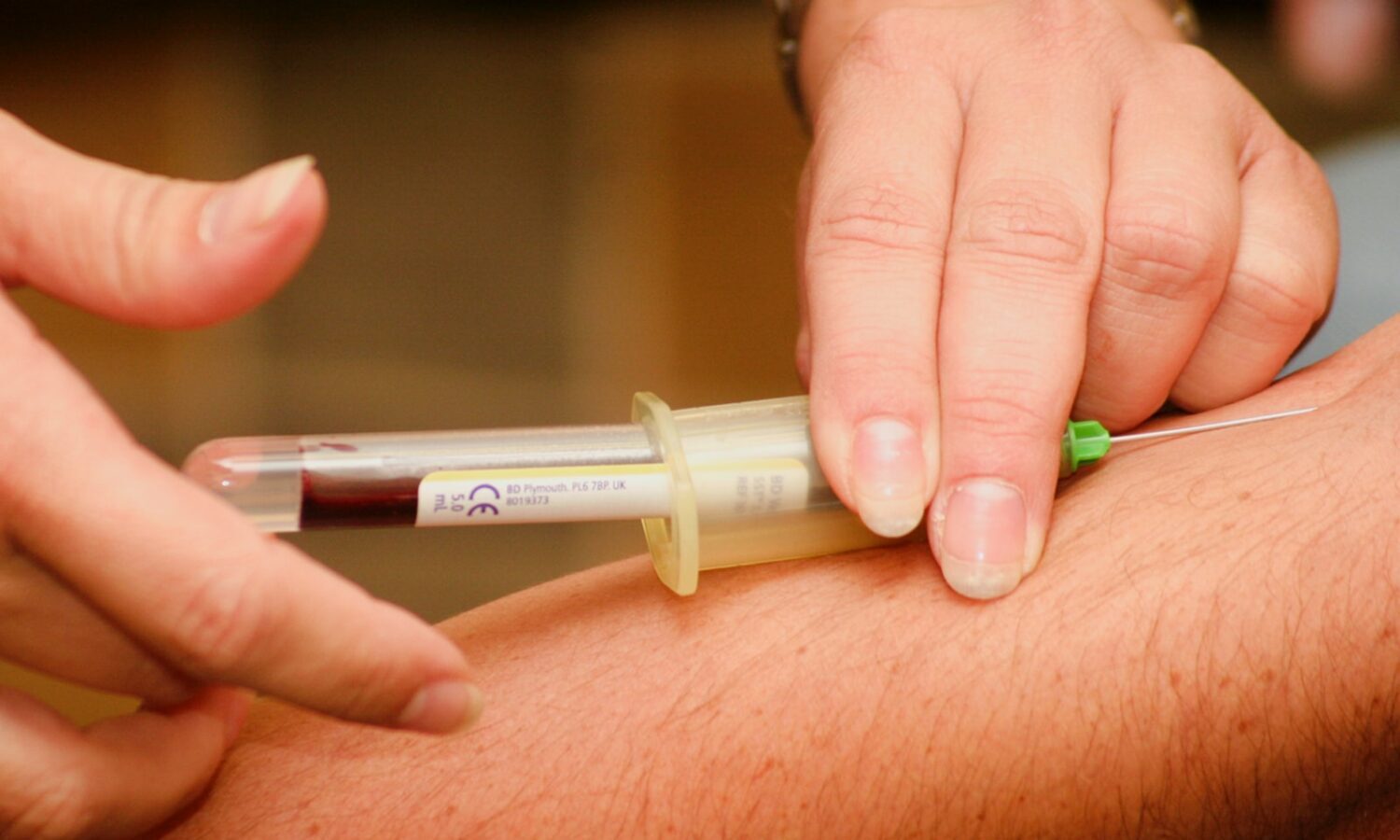
Blood tests can predict a variety of diseases, making them a necessary part of your regular doctor visits. A new study is devising a test that may predict a variety of cardiovascular conditions, a disease that’s the leading cause of death in the country.
The study was published in the journal Science Translational Medicine and it could provide opportunities for early spotting of cardiovascular disease and personalized treatment for patients.
RELATED: Study: Antidepressants Don’t Have The Desired Effect In The Long Run

The test is currently in development, with researchers studying a variety of proteins in blood plasma samples with the goal of identifying the ones linked with cardiovascular diseases like heart failure, strokes, and the like. Researchers identified 27 proteins that could predict the odds of these conditions.
“Having a panel of 27 markers that could be used to predict cardiovascular risk would be an improvement over current risk score calculators like high cholesterol, which can serve as an indicator for all of us as an average but is a poor predictor for the individual and does not give good information on the timing of when a cardiovascular event is likely to occur,” Dr. Rebekah Gundry, an expert on the subject, told Medical News Today.
“A major goal of cardiovascular research is to find new ways to predict patient outcomes as soon as possible after disease starts, because prevention is always easier than reversal. Basically, we want to know what is going to happen with enough advance notice to be able to change the outcome,” she explained.
Currently, physicians rely on factors like blood pressure, body mass indexes, cholesterol levels, and the like in order to predict cardiovascular disease. Still, there are a lot of factors that current testing does not make room for, with there being plenty of room for researchers to improve upon testing and accurately measuring people’s risks to these conditions.
RELATED: TikTok Dentist Goes Viral After Claiming This Common Condition Is Contagious
The study’s results could help people predict and address heart attacks more quickly while also speeding up the process in developing drugs that can treat these conditions. It would also help the world understand these conditions better, thus making physicians better equipped to deal with them.




